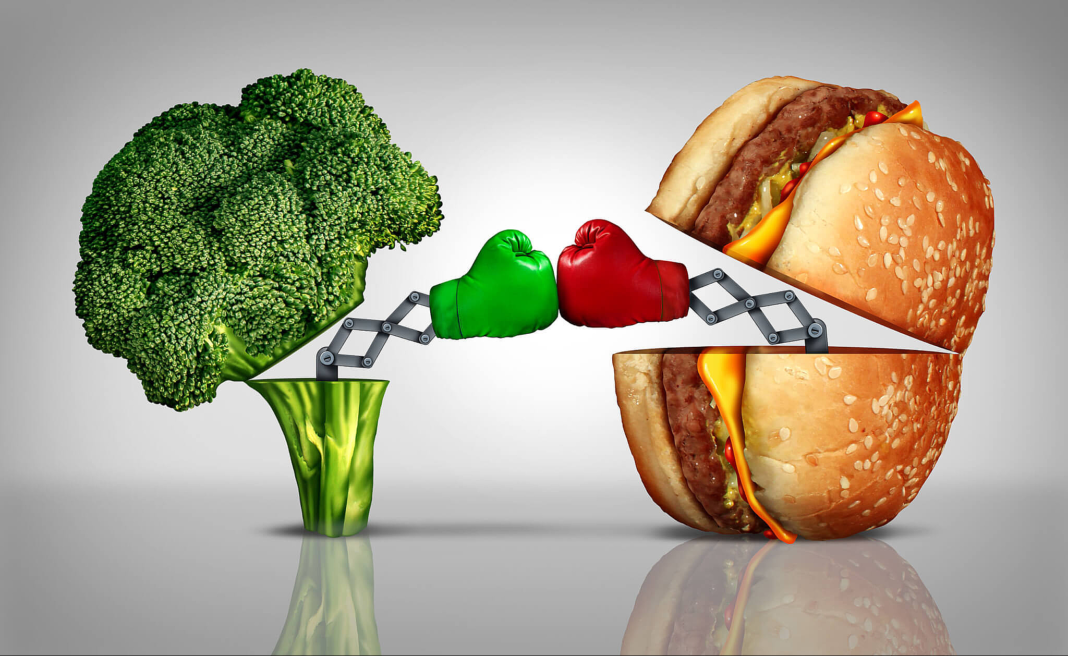So many folks are on medications like Lipitor and Crestor to lower cholesterol. Sure, the drugs do their job in many cases, but they often come with their fair share of side effects.
Some patients tolerate the cholesterol-lowering meds just fine, but for others, statins can bring on abdominal cramping, nausea or vomiting, dizziness, drowsiness, muscle aches, difficulty sleeping, headaches, liver abnormalities, mental fuzziness, and can even increase your risk of diabetes.
WHEW!
There are also other ways in which high cholesterol can also be lowered. Helping to decrease your LDL (bad) cholesterol levels can also be accomplished by maintaining a healthy diet and adding a good exercise regimen. Eating feel-good food choices can lower LDL cholesterol by as much as 30%. A feel-good foods eating plan is one that emphasizes nutritious eats like veggies, fruits, whole grains, lean meats, poultry, beans, nuts, and fat-free or low-fat dairy products. Foods that nourish you do not include saturated and trans fats, lots of sodium, and added sugars.
If you have the high cholesterol blues and are looking for ways to get it under control, try adding these feel-good foods to your diet:
Oatmeal
Oatmeal is chock-full of soluble fiber, the kind that binds cholesterol in the digestive system to prevent its absorption. According to the studies in adults, LDL cholesterol may be lowered by 10 percent in some cases. In these studies, anywhere between 40 and 60 grams (or roughly one bowl) of oatmeal was consumed by each subject per day. Avoid adding ingredients to the oatmeal that will do more harm than good to your body like butter, chocolate, whole milk, and cheese. If you make instant oatmeal, these forms are made into very thin flakes that are quicker to digest, they have more of an effect on raising your blood glucose level.
To prevent a rapid rise in your blood glucose adds some lean protein or healthy fat with your instant oatmeal, such as low-fat milk or a handful of chopped nuts.
Nuts
Nuts are not only yummy but nutritious too. They contain fiber and good fats, monounsaturated and polyunsaturated, which help lower triglyceride levels, increase HDL (good) cholesterol, and help lower LDL. Another nut-plus is that they positively affect blood vessel function. Regular nut consumption is associated with a markedly lower risk of dying from heart disease.
Plant sterols and stanols
Plant sterols and stanols, also called phytosterols, are substances that are naturally found in plant foods, including fruits, vegetables, vegetable oils, nuts, and seeds. They work by preventing the body from absorbing cholesterol in the intestines. This in turn helps to lower blood levels of LDL cholesterol. Studies show that sterols and stanols lower LDL cholesterol levels by an average of 6% and perhaps as much as 14% in as little as four weeks. They work by preventing the body from absorbing cholesterol in the intestines. This, in turn, helps to lower blood levels of LDL cholesterol.
Dark chocolate
Yummy dark chocolate contains good stuff like antioxidants and flavonoids that help cut down LDL. Dark chocolate also contains oleic acid which is a monounsaturated fat that is also found in olive oil that helps to lower cholesterol. If you prefer milk chocolate, well, sadly, it does not contain the cholesterol-lowering effects as its darker sibling. Make sure not to overdo the sweets, just one ounce a day is all you need for it to help kick high cholesterol’s butt!
Red wine
This dark libation can improve cholesterol by lowering LDL and reducing the risk of blood clots because it contains resveratrol which is found on the skin of red grapes. Drinking red wine is known to decrease the risk of attacks, strokes, and other dire consequences of cardiovascular disease. Drinking one to two glasses of red wine a day also increases HDL which lowers heart disease risk. To get the advantages of red wine for cholesterol, men should drink about two servings, and women should drink about one serving most days of the week, with meals. Don’t fret about the quality or variety of the red wine you drink. Hundreds of different wines have been used in studies, and all seem to help lower cholesterol.
If diet, and exercise aren’t enough to get your LDL cholesterol to a safe level, medication would be the next step in keeping your heart healthy. Medication can bring your cholesterol down even further, if needed.











